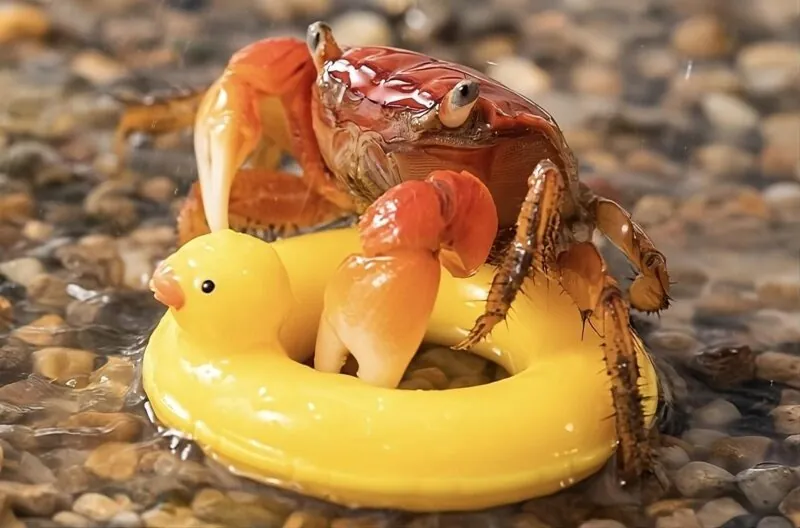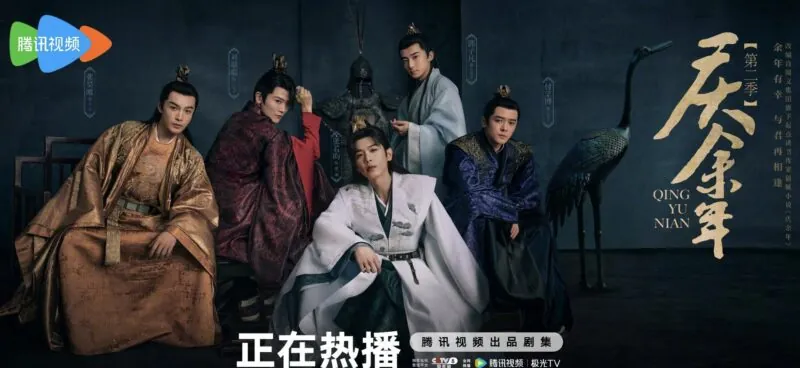Key takeaways:
- Shi Zhancheng, son of the chairman of towel maker Grace, went viral with a microdrama he made based on his family.
- After becoming influencers, Zhancheng and his uncle Shi Jing appeared on a brand livestream, causing sales to surge.
- Having senior execs on livestreams and adult children of family businesses becoming influencers are two trends entrepreneurs use to build (personal) brands.
Earlier this year, Shi Zhancheng (石展承), better known by his Douyin handle, the Young Master of Towels (毛巾少爷) made multiple Hot Search lists across platforms, for nothing more than a short-form mockumentary of his family drama. The family, however, is what attracts netizens to his channel. Shi, as his handle indicates, is the third generation of Grace (洁丽雅). Grandson of the founder and son of the chairman, Shi is the rightful heir to the Empire of Towel, as he calls his viral microdrama series.
Written, directed and edited by Zhancheng, the viral microdrama can be considered a mockumentary or drama where the Shi family and their employees play fictionalised versions of themselves. Zhancheng frames himself as the useless heir who lives comfortably until his uncle Shi Jing (石晶) returns from abroad and takes over the company that Zhancheng took for granted. Narrated in the style of popular online fiction, everything about the family drama oozes the “overbearing CEO” vibe.
He does it with better Grace
Much of the drama is focused on Jing, Grace’s president and legal representative before named general manager. He is Zhancheng’s uncle but only 6 years his senior. Jing finished his undergraduate degree at one of the top higher education establishments in China, Peking University before receiving a master’s degree from Manchester University in the UK.
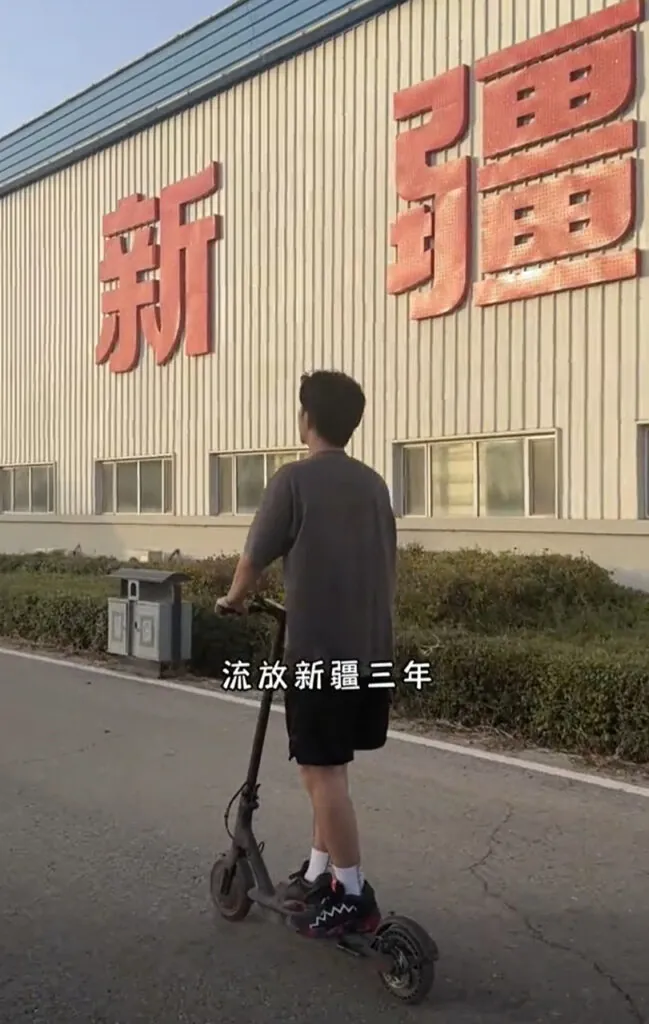
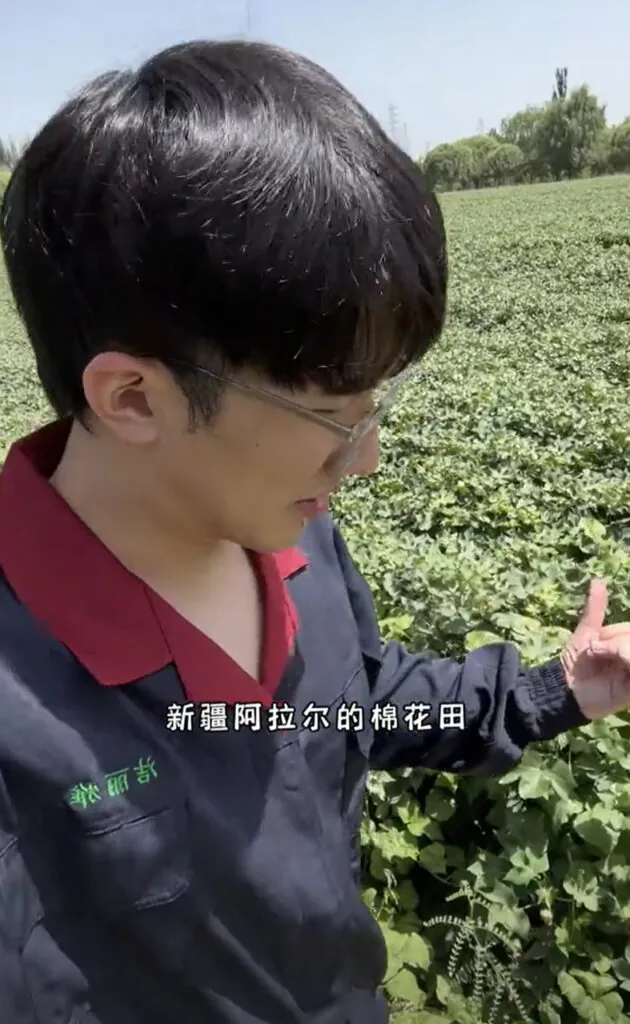
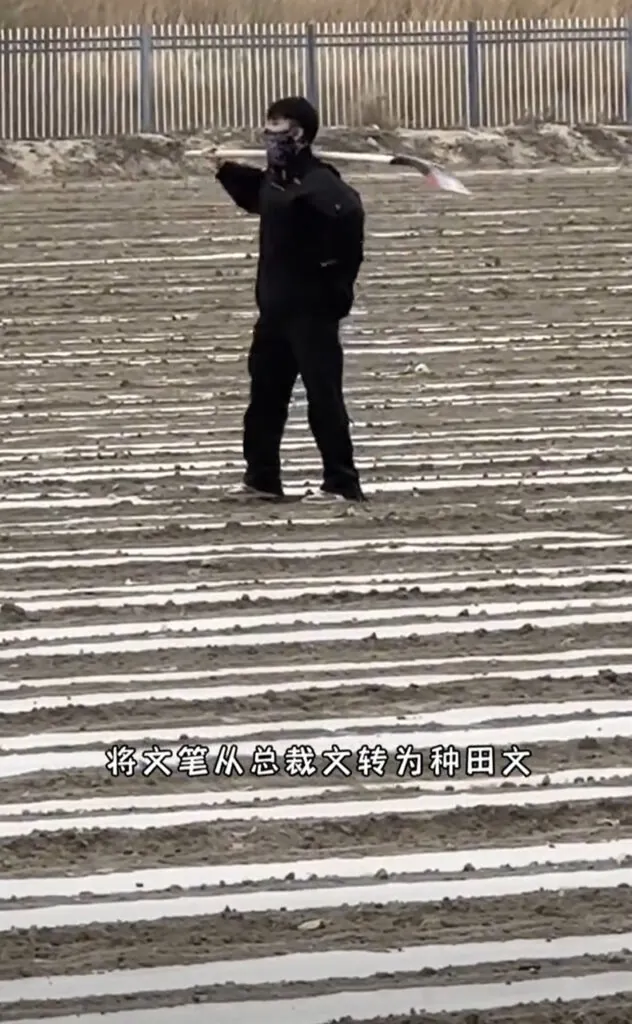
Indeed, the story of the Empire of Towel began with the return of the “Uncle” from Britain to take over the family business, just as Zhancheng was sure he should be at a stage where he had beaten his fictionalised siblings to succession and “banishing” him to Xinjiang to work in a towel factory for three years before being allowed back to the company.
Framed as the “villain” and rival, Uncle Jing quickly became the fan favourite on the show for his elite background. Also, his handsome looks didn’t hurt. Indeed, during the 618 shopping festival this year, the brand teamed up with fashion magazine Cosmo and produced a fashion shoot with Jing modelling the brand’s towels as if they were avant-garde fashion items.
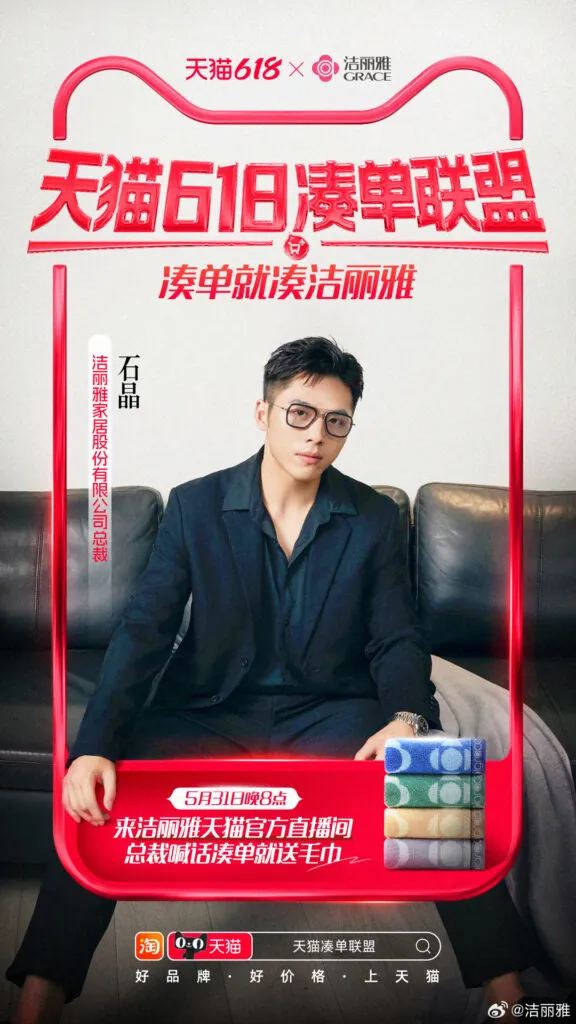
Following the campaign, the first livestream for 618 on 20 May grew 1,300% on average, in terms of sales. On 5 June, Zhancheng and Jing made an appearance together on Grace’s livestream channel for 30 minutes, helping the brand top the Douyin sales ranking that day.
Uneasy lies the head
Having senior executives on camera in livestreams or campaigns has become a new trend. JD.com’s Liu Qiangdong brought his virtual doppelgänger to a livestream while Lei Jun of Xiaomi, Zhou Hongi of 360 Group, Yu Minhong of Oriental Selection and Dong Mingzhu of Gree all appeared on livestreams. Chicecream’s Lin Sheng even marketed his sweet potato sales livestream as a last-ditch effort to save his failing company. Grace joining the fray is partly because, as Chairman Shi Lei (石磊, Zhancheng’s father) said, the brand feels a little old and needs to be better known among the young.
Chairman Shi Lei said that the brand feels a little old and needs to be better known among the young
Grace, as a corporation, was formed in 2003. But it was born out of Zhuji Towel Factory which was established in 1986 by Shi Changjia (石昌佳), Shi Lei and Jing’s father and Zhancheng’s grandfather. In 2019 the brand was valued at 17.55 billion RMB (2.42 billion USD), the highest in the industry for 6 consecutive years.
Presume (not) that I am the thing I was
The Empire is real, but Zhancheng is more than a “useless heir”. He studied acting at the Communication University of China, one of the top universities for media studies. This makes him a pro in front of the camera and half a pro behind it. The Young Master of Towel account quickly gained nearly a million followers on Douyin and over 80 million views for the viral microdrama.
Becoming an influencer is a way to contribute to the family business without being bogged down in management work
For many second and third generations of family businesses, becoming an influencer is a way to contribute to the family business without being bogged down in management work. This is especially attractive for “second sons” who cannot or don’t want to take over the reins of the family empire. Luo Cheng, the younger son of Holiland’s founder Luo Hong also became an influencer as the “boss with social anxiety”, combining his position in the company and his “I person” (introvert, “I” as in the MBTI personality test) personality.
By emphasising personal flaws such as Luo’s introversion and Zhancheng’s self-deprecating “uselessness”, these “fuerdai” (富二代, a derogative term meaning “second-generation rich”, although in Zhancheng’s case, third gen) become relatable. They are also in a company, working like any other employee, sweating in the factory or chugging iced Americano at a desk, while being bossed around by their dads or, in Zhancheng’s case, his uncle. Seen this way, this type of content also has elements of ESG marketing in them.





